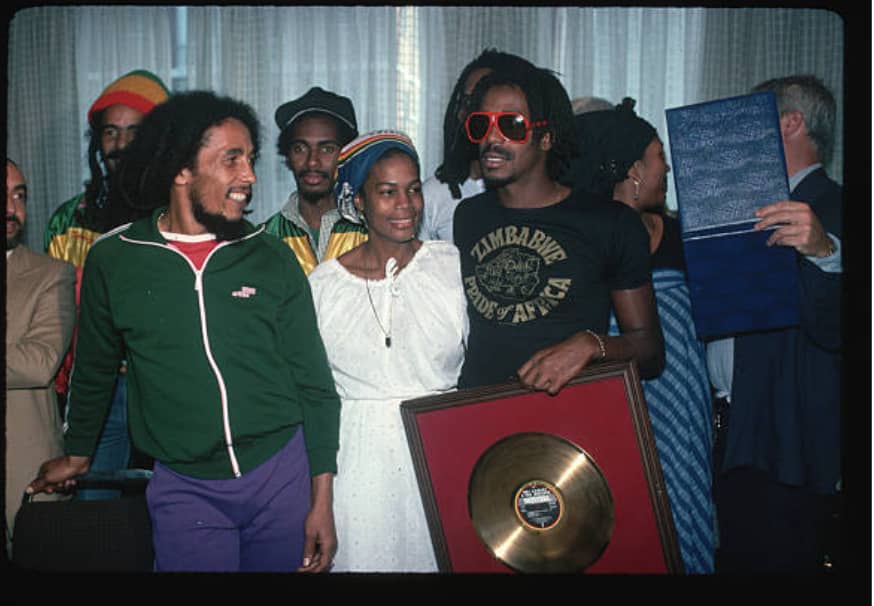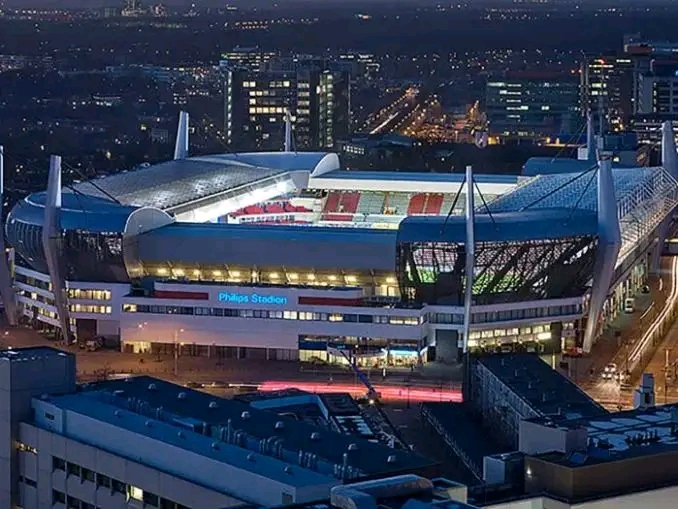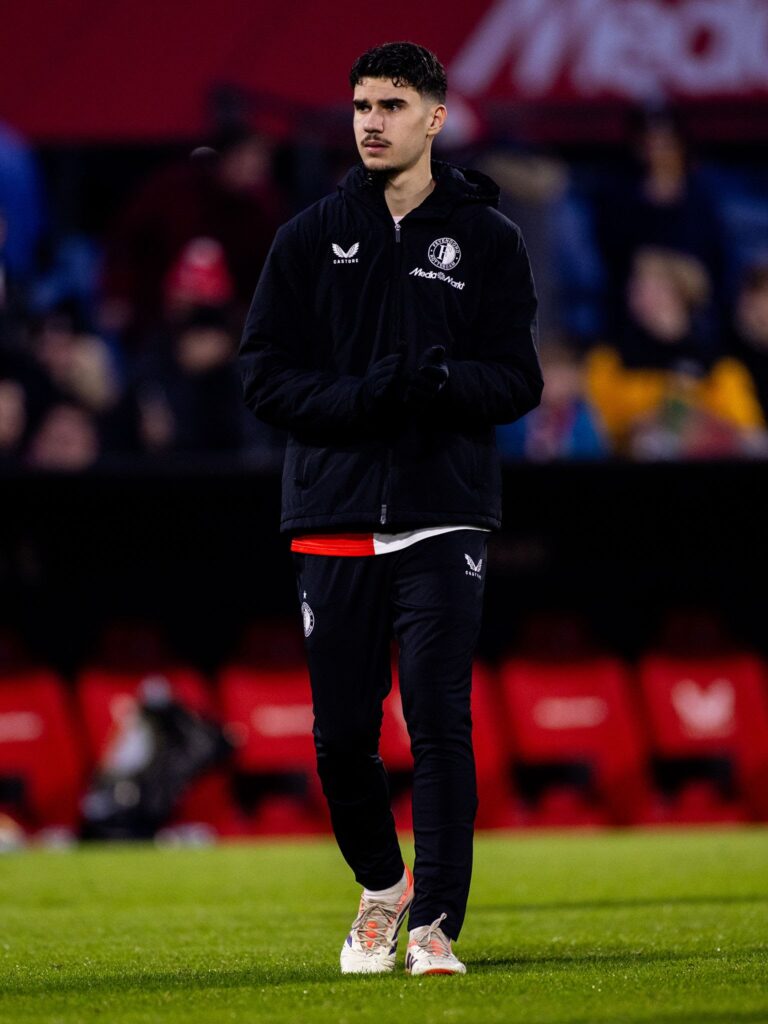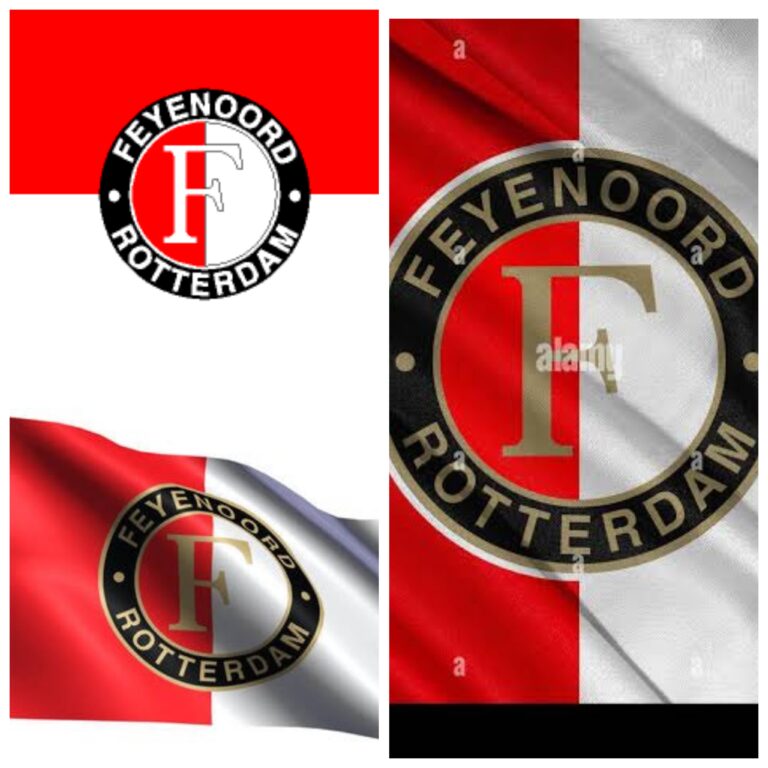
In the summer of 1977, London’s Rainbow Theatre became a temple of revolution. The prophet was Robert Nesta Marley. His scripture: reggae. His congregation: a multiracial, wide-eyed audience caught in the storm of political tension, racial injustice, and musical salvation. When Bob Marley & The Wailers took the stage for their historic four-night run at the Rainbow Theatre in June 1977, they weren’t just performing—they were channeling a revolution.
Among the fiery anthems that night, “Crazy Baldhead” scorched the air with particular urgency. The song, co-written with Wailer Alvin “Seeco” Patterson and first released in 1976 on the Rastaman Vibration album, became a cornerstone of Marley’s anti-establishment gospel. But live at the Rainbow, it wasn’t just a song. It was a war cry.
“We Build Your Schools, Brainwash Education…”
As the Wailers played those opening bars—steady, heavy, militant—the atmosphere shifted. The crowd, a fusion of Rastas, punks, students, and workers, was no longer just watching a show; they were participants in a ritual. “Crazy Baldhead,” with its lyrics railing against systemic oppression, colonial legacy, and cultural brainwashing, struck London’s post-imperial heart like a thunderbolt. It was rebellion in real time.
The “baldheads” Marley sings of weren’t just literal—they were metaphors for the oppressive forces of Babylon: corrupt leaders, police brutality, and Western imperialism. On that stage in 1977, amidst Britain’s own economic struggles, racial unrest, and the rise of the National Front, Marley wasn’t just performing—he was prophesying.
“Running Away—But You Can’t Hide”
One of the most electrifying transitions in the concert came when “Crazy Baldhead” bled seamlessly into “Running Away,” a song that had not yet been released in studio form (it would later appear on 1978’s Kaya). This pairing, “Crazy Baldhead”/“Running Away,” became a thematic suite: attack and escape, confrontation and consequence.
Marley’s voice dipped into a smoky, accusatory tone as he chanted:
“You running and you running and you running away…
But you can’t run away from yourself.”
In that moment, the music became mirror and fire. The hunted became hunter. Whether aimed at political cowards, sellouts, or even the listener’s own conscience, Marley’s voice carried the message: face your truth or be consumed by it.
Roots Reggae as Resistance
Backed by the full power of the 1977 Wailers lineup—featuring the I-Threes’ hypnotic harmonies, Aston “Family Man” Barrett’s thunderous bass, and Junior Marvin’s wailing guitar—the Rainbow Theatre exploded into spiritual warfare. The groove was deep, but the mission was deeper.
In a Britain still reeling from race riots and social division, Marley’s performance was a balm and a battle. He didn’t preach peace without justice. “Crazy Baldhead” was his way of warning the oppressors: the people are waking up.
Legacy of the Rainbow Nights
That concert series, captured on film and preserved in grainy, glowing footage, remains one of the most iconic live performances in reggae history. It’s the performance that immortalized Marley in military fatigues, drenched in sweat, eyes blazing with purpose, singing not just to entertain, but to awaken.
Even today, when “Crazy Baldhead” and “Running Away” play back-to-back from that live performance, they still land like a hammer. The Rainbow Theatre has since closed its doors, but those nights in 1977 still echo—an eternal loop of rebellion, roots, and redemption.
As Marley once said, “One good thing about music—when it hits you, you feel no pain.”
But in 1977, when “Crazy Baldhead” hit, it didn’t just cause no pain.
It stirred the soul—and sparked the fire.






